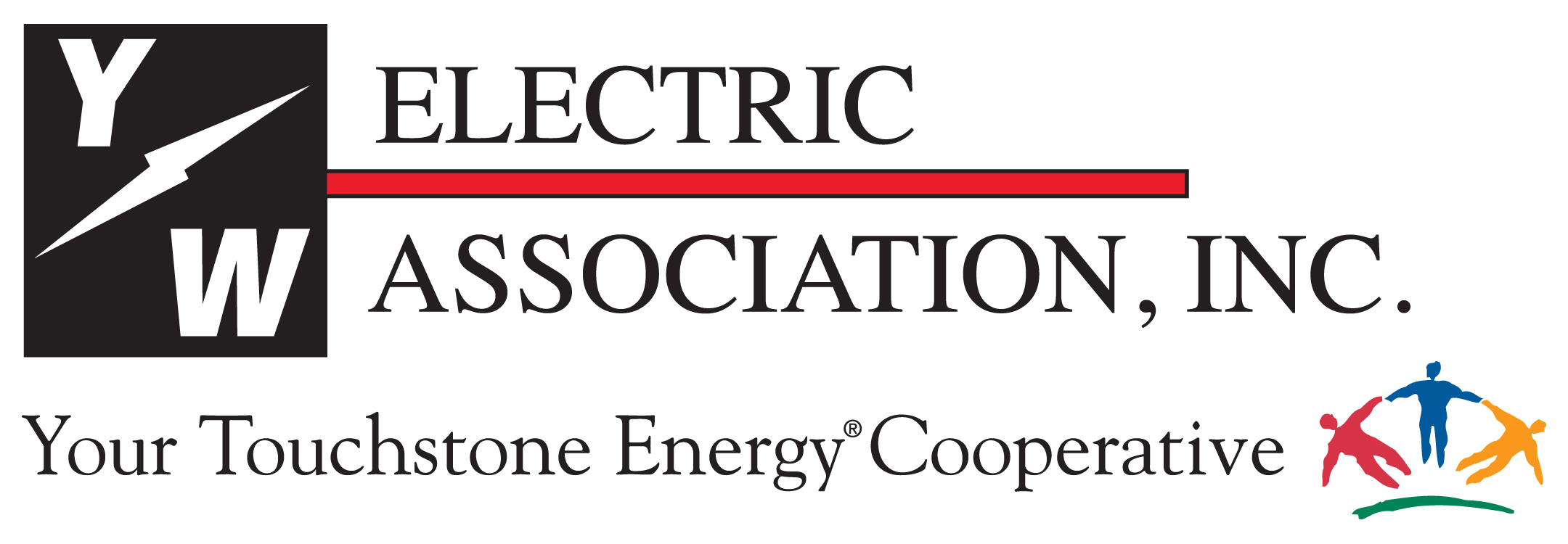Background
Over the past few weeks, the President has signed into law three new pieces of legislation to help the country deal with impacts from the coronavirus. Two of these new laws have immediate implications and assistance for cooperatives and their members. The Families First Coronavirus Response Act (FFCRA) was signed into law on March 19th. This law requires all employers with 500 or fewer employees to provide additional emergency paid sick leave and paid family medical leave for those affected by COVID-19. The law also provides payroll tax credits to employers to cover the costs of the additional wages paid out in compliance with these requirements. For more information on the new requirements, visit https://www.dol.gov/agencies/whd/pandemic, and for information on the payroll tax credits visit https://www.irs.gov/coronavirus.
On March 27th, the President signed into law the Coronavirus Aid, Relief, and Economic Security (CARES) Act. This $2.2 trillion dollar piece of legislation provides quick relief to individuals, families, businesses and local, state, and federal agencies dealing with the coronavirus pandemic.
Included in the legislation are a number of provisions directly aiming to help businesses cope with financial struggles they may be encountering due to the coronavirus. These provisions may be helpful to Tri-State members or businesses they serve.
While details and guidance are still emerging from the relevant agencies, it’s important to start taking steps now to be ready to take advantage of these programs as agencies could be overwhelmed with applications in the coming days and weeks.
Please find below a list of programs that may apply to electric cooperatives and the businesses they serve. In the future and upon issuance of federal guidance, other programs may be available. If a program is of interest, members should consult with their financial advisors and then follow the steps in the ‘Take Action’ section for
each program.
Small Business Administration (SBA) Programs
Small Business Administration Economic Injury Disaster Loans (EIDL): Open to all businesses with fewer than 500 employees.
- The SBA EIDL program has been expanded to provide low-interest loans to businesses facing financial hardship due to the impacts of the coronavirus.
- A loan advance of $10,000 will be distributed by the SBA within 3 days of application approval and can provide working capital loans up to $2 million.
- Waives certain requirements on loans less than $200,000 including the credit elsewhere requirement.
- The loan can be used to cover paid sick leave, payroll, increased costs, rent or mortgage, and additional bills that can’t be paid because of revenue losses due to the pandemic.
- Loans are eligible to be converted into the larger SBA 7(a) loan program where the loan may be forgiven (see below in Paycheck Protection Program).
- To apply for an Economic Injury Disaster Loan, visit https://covid19relief.sba.gov/#/
- The following forms will be requested when applying:
- Completed SBA loan application (SBA Form 5)
- Tax Information Authorization (IRS Form 4506T) for the applicant, principals and affiliates
- Complete copies of the most recent Federal Income Tax Return
- Schedule of Liabilities (SBA Form 2202)
- Personal Financial Statement (SBA Form 413)
- Income, balance sheet and cash flow documents
- Other information may also be requested
- The following forms will be requested when applying:
- For assistance or questions on the program, contact SBA Offices:
- CO and WY: Rocky Mountain Regional Office, (303) 844-0506
- NE: Great Plains Regional Office, (816) 426-4840
- NM: South Central Regional Office, (817) 684-5581
Paycheck Protection Program: Businesses and 501(c)(3) organizations in communities served by cooperatives with fewer than 500 employees are eligible and can apply starting April 3rd.
- This is an SBA program that provides loans covering up to 2.5 months of average payroll costs or $10 million, whichever is less.
- A loan can be fully or partially forgiven if it is used for covered expenses including payroll, healthcare premiums, rent, mortgage, and utilities, and if the employer continues to employ its workers.
- These loans are being provided under the framework of the SBA 7(a) loan program, which many small businesses may be familiar with.
Take Action
- Make contact as soon as possible with a current lending institution to see if they are a preferred SBA lender and work with the SBA 7(a) loan program. Ensure they will be able to help navigate the program once the program is open for applications. If not, ask for a referral to a lender that can help.
- Note: Lending institutions that are part of the Farm Credit System (CoBank, CFC, AgriBank) may also become SBA 7(a) lenders specifically for this program. Contact those lenders in the coming days to see where their status as a 7(a) lender stands.
- Get financials and payroll documents together to help speed the application process. Documents should also include a good-faith certificate including information on how the loan will be used, why it’s needed, current loan applications, and the date the businesses started.
- For complete information click here:
https://home.treasury.gov/system/files/136/PPP%20Borrower%20Information%20Fact%20Sheet.pdf - Application for the Paycheck Protection Program can be found in this link. Applications start being accepted April 3rd: https://home.treasury.gov/system/files/136/Paycheck-Protection-ProgramApplication-3-30-2020-v3.pdf
Additional Resources
The Families First Coronavirus Response Act (FFCRA) and the Coronavirus Aid, Relief, and Economic Security (CARES) Act have additional provisions including tax, loan, labor, and small business relief that may benefit or impact electric cooperatives and their members.
To view a webinar with more complete information on all programs and provisions of the new laws, visit
https://www.dorsey.com/newsresources/events/videos/2020/03/webinar-playback-the-stimulus-act.
Additional resources for the new federal laws and programs surrounding the coronavirus pandemic can be found below. The rules and guidance for the new laws and programs are evolving quickly, so check the links below regularly for
updates.
- Department of the Treasury: https://home.treasury.gov/cares
- Internal Revenue Service (IRS): https://www.irs.gov/coronavirus
- Small Business Administration (SBA): https://www.sba.gov/page/coronavirus-covid-19-small-businessguidance-loan-resources
- Department of Labor: https://www.dol.gov/coronavirus
- Cyber + Infrastructure Security Administration: https://www.cisa.gov/identifying-critical-infrastructureduring-covid-19
- Centers for Disease Control: https://www.cdc.gov/coronavirus/2019-nCoV/index.html
